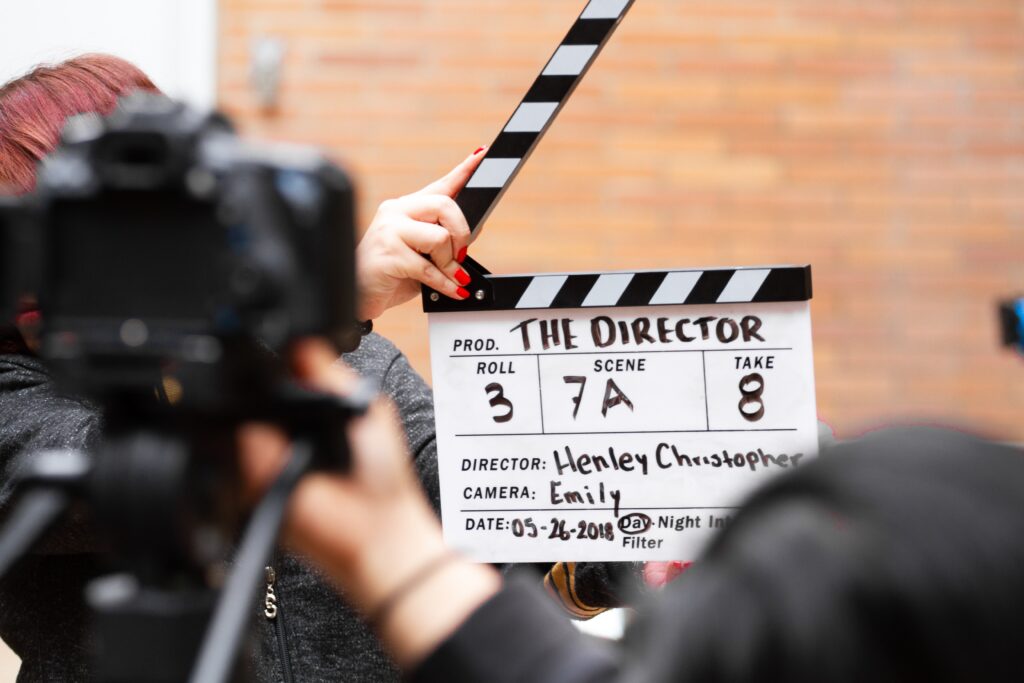BAFTA diversity policy has sparked ‘seismic’ shift in film-making, says BFI chief Amanda Nevill
Written by News on 11/02/2019
The head of the British Film Institute (BFI) believes BAFTA’s new diversity policy has been “seismic in its ability to achieve change”.


For the first time this year the BAFTA film awards has made it mandatory for films competing in two categories – outstanding British film and outstanding debut – to comply with two out of four of the BFI’s diversity standards.
The BFI’s head Amanda Nevill believes this is just the start and in the future BAFTA will “go much further”.
“We are partners with BAFTA and they share our ambitions… when you’re trying to achieve change in anything you need to start with something that’s really, really achievable and I would argue this has been seismic in its ability to achieve change,” she said.
Ms Nevill told Sky News it sent out an important message that “we are a country of really creative young people – we have a saying at the BFI, that talent is everywhere but opportunity isn’t and the standards are creating that opportunity”.
In practice, it means the films must employ people from a mix of backgrounds so they are more “reflective of the population of the UK”, according to the BFI chief.
Richard Billingham’s film Ray & Liz is nominated in the outstanding debut category, so had to comply with the new criteria.
Half of the heads of department he used were female and most of the cast and crew were working class, which he said helped in the making of the film, which is based on Billingham’s memories of his own family.
“I had help from Jacqui Davies, the producer, we’ve both come from families where we are the first people in our extended families to go to university,” he said.
This year some beautiful and brilliant female-led films are in the running for best film, with The Favourite starring Olivia Coleman leading the nominations with 12.
The arresting smash hit – Roma, from Netflix – follows with seven, as does First Man, starring Claire Foy, A Star Is Born and Bohemian Rhapsody.
But again this year there are no women directors nominated.
Emma Moffat is a young film-maker who has recently been given funding by Bumble’s Female Film Force to make her own short film, A Battle In Waterloo.
The competition was sponsored five female directors and started after last year’s BAFTAs when only 20% of winners were women.
Moffat believes awards “matter a lot” because they inspire the next generation of film-makers to get involved and are key to having a range of voices making films.
“It can seem like a frivolous thing, being nominated for awards, or making films, some people might not think it’s very important but it actually really is,” she said.
“It determines our culture, it determines what we see in others, it determines how we feel about certain topics, it informs us on history, on the future, on politics.
“People go to the cinema to be educated and entertained and if we’re only making films for a certain audience or that are made by certain people then we are limiting ourselves and our imaginations and if we’re doing that we’re limiting the future and that’s not a good place to be in and hopefully we’re making steps to change that.”
According to the BFI, since the beginning of cinema in the UK, 93% of films have been directed by men.
Last year, 12% of UK films which went into production were directed by women, this year it is nearly 21% so the signs are looking slightly more positive for the future.
(c) Sky News 2019: BAFTA diversity policy has sparked ‘seismic’ shift in film-making, says BFI chief Amanda Nevill






